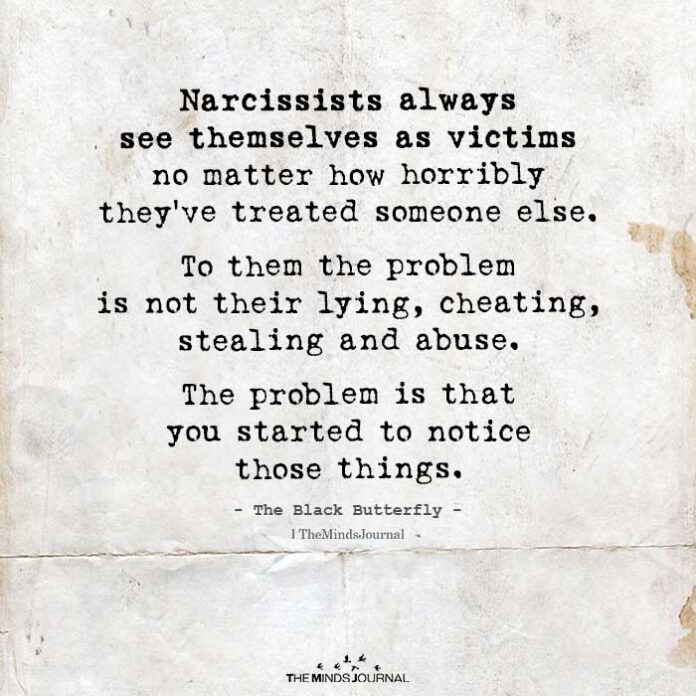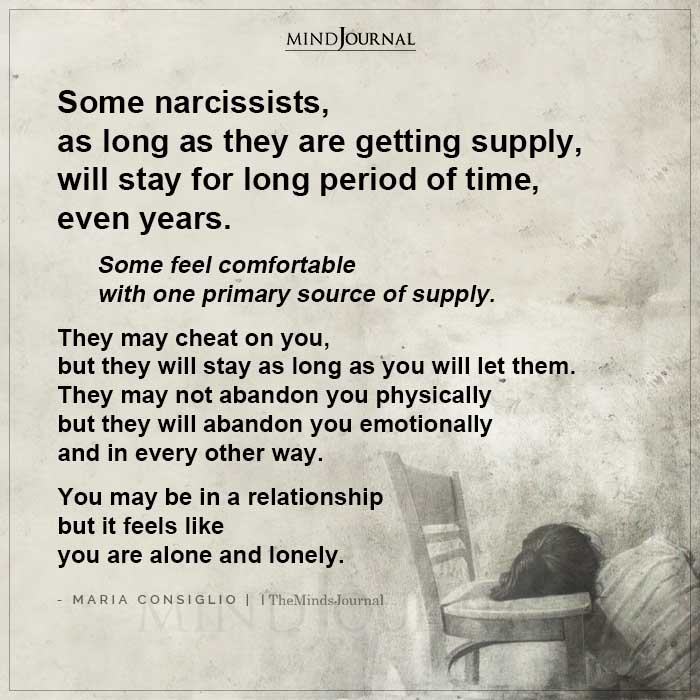Narcissists are extremely charismatic beings who can woo you on the very first date . As they are master manipulators, it can be difficult to realize that they may have already hooked you. Here are some potential red flags to find out if you’re really dating a narcissist.
Are You Dating A Narcissist?
You won’t realize you’re dating a narcissist. Narcissists are skilled at making people like them. They can be very alluring and charming and exciting to date. In fact, in one study, it took seven meetings for people to see through their likable veneer. In a dating situation, a narcissist has a greater incentive to win you over—sadly, sometimes all the way to the altar.
Narcissists are often physically attractive, charismatic, and sexually appealing. We’re drawn to their intelligence, entertaining personality, special talents, or professional success. Their company can be pleasurable and never boring.
Dating is a Game

Although some narcissists seek long-term relationships, others are expert game-players. To them, “The chase is better than the catch.” Their objective is to receive admiration and get their sexual needs met with little emotional investment.
Relationships are considered transactions and work for them as long as they’re getting their narcissistic supply. The closer you get, the more they equivocate. They want their options open with multiple sources to meet endless needs for supply. They check out other prospects and flirt right in front of you!
Although narcissists lack empathy, they possess emotional intelligence that helps them perceive, express, understand, and manage emotions. This enhances their expertise as manipulators. They’re skilled at deception to achieve their aims, sometimes consciously, but at other times, it’s just their style.
They may even believe they’re being sincere. Although in reality, they’re self-centered and emotionally unavailable, initially they may be generous and good listeners. They may even appear to be vulnerable by sharing personal, intimate information. This is a tactic of their seduction strategy. Among their manipulative tactics are flirtation, flattery, and finesse.
Women narcissists are flirtatious and can charm men with their beauty and sex appeal. Then they play cat and mouse, make them jealous, or act nonchalant to hook men into pursuing them. Male narcissists often seduce with lavish gifts, fine dining, and a classy lifestyle. Some narcissists practice love-bombing and shower their partners with attention verbal, physical, and material expressions of “love” that are hard to resist.
In a normal relationship, you grow closer over a number of months or years. But when it comes to a narcissist, one of the biggest red flags early in a relationship is his blatant desire to move quickly.
Read: How To Identify a Love Bomber: The Narcissist’s Soulmate Scam
Dating Revolves Around the Narcissist
It’s natural to idealize our partner in the romantic phase of a relationship. Unfortunately, for those of us who are lonely, depressed, or codependent, idealization can feed our denial of red flags that should caution us to put on the brakes.
It’s also natural when falling in love to want to spend a lot of time with our partner. We may appreciate a man planning a wonderful evening or a woman who knows what she wants, and we’re happy to go along.
We don’t notice that the relationship is developing on the narcissist’s terms. Whereas we seek to please, the compromise is a painful loss of power.
Read: Why a Narcissist Does Not Seem Like a Narcissist at First
If we complain, they may act offended and say they’re doing everything for us, but never bother to ask what we want. They like to be in control, and before we know it, we’ve allowed them to control when, where, and what we do and with whom.

At the start, we go along for the sake of being together, but later out of fear. This is particularly perilous for codependents who easily give up themselves and their friends and activities in new relationships.
A corollary codependent behavior is not objecting to the narcissist’s decisions and opinions. In the early stages of dating, we might not express anything that could negatively impact the relationship in order not to rock the boat.
When we hesitate to disagree and not express disappointment, irritation, or hurt feelings, we gradually disappear, and like Echo, we only echo what the narcissist believes and wants to hear. We’re not letting him or her know the negative impact of their behavior. So they have no incentive to change.
Accommodating a narcissist feeds their supply and makes codependents and narcissists a perfect match.
What to Look For
Of course, it’s their positive, not negative, qualities that make us fall in love, but if we’re dating someone with a narcissistic personality disorder, they won’t be able to hide their true colors for long. Some narcissists openly admit they have difficulty with relationships or intimacy. Believe them.

Even clients who say their spouse completely changed after the wedding, admit that there were telltale signs early on, once they learned more about narcissism and themselves. For example, narcissists often come on strong. They work hard to make you like them in order to get their needs met rather than build a relationship based on knowing you, which doesn’t interest them.
It’s common for narcissists to have outbursts of anger. A small disagreement can quickly erupt into a major conflict.
They won’t take responsibility. Everything is someone else’s fault, and that includes us. But even if they treat you wonderfully, notice if they denigrate their ex, act entitled, or are inconsiderate, manipulative, or demeaning of other people. Assume one day you will be on the receiving end of narcissistic abuse. Don’t excuse bad behavior toward you or other people. It’s a pattern.
Read: What is Narcissistic Abuse: Signs to Identify It and Ways to Protect Yourself
At the beginning of dating narcissists, we’re fascinated by hearing their achievements and listening to their stories, and entertaining banter. This is also how narcissists elevate their status in their eyes and ours.
As time goes on, it’s clear that the conversation is all about them. Being a good listener is an asset, but with a narcissist, it ensures that we won’t be heard or seen. Some narcissists are dogmatic to maintain superiority.
They always have to be right and won’t listen to a differing opinion. If we’re honest with ourselves, they don’t really seem interested in us, except long enough to get their sexual and emotional needs met. Notice if you feel disengaged, invisible, patronized, or drained by the conversation.
When a narcissist can no longer maintain a superior status through charm and boasting, or should we complain, a narcissist will devalue us to feel superior. They find fault with us or tell us how we should act, dress, eat, or change in some way. Perfectionistic narcissists are the most difficult.
For example, a narcissistic woman might try to makeover her man and tell him how to dress. A male narcissist might focus on his girlfriend’s physical appearance. If we express hurt, narcissists will say that they’re being helpful or that we’re too sensitive.
At first, we might overlook criticism, especially if it’s delivered in a teasing or calm manner and we’ve been abused in the past or have low self-esteem. In time, demeaning remarks will become more frequent, overt, and callous.
When control is extreme, narcissists might interrogate us about our other relationships and conversations with family, our therapist, and friends. They might insist we dress and behave a certain way and try to limit our contacts and activities.
A true narcissist lacks empathy. We end up feeling that we don’t matter and that our needs and feelings are unimportant. If when we share something sad or important with us, our partner doesn’t show appropriate emotional responses, it may signal a lack of empathy.
Relationships with narcissists are challenging for codependents because the symptoms of codependency present obstacles to discerning these warning signs. There are multiple reasons why we might still love an abuser and find it difficult to leave.
This may be because we have an abusive parent or narcissistic mother or father who didn’t value our needs and feelings. Healing codependency will help us change these relationship dynamics so that we’re able to receive real love.
See Dealing with a Narcissist: 8 Steps to Raise Self-Esteem and Set Boundaries with Difficult People
What do you think? Are you dating a narcissist? Leave your thoughts in the comments.
© Darlene Lancer 2020
Written By: Darlene Lancer
Originally Appeared In: What Is Codependency











Leave a Reply
You must be logged in to post a comment.